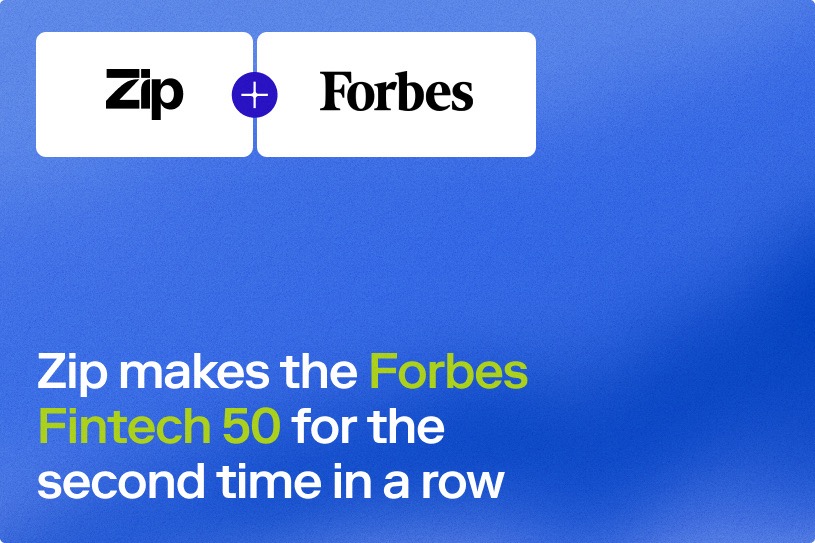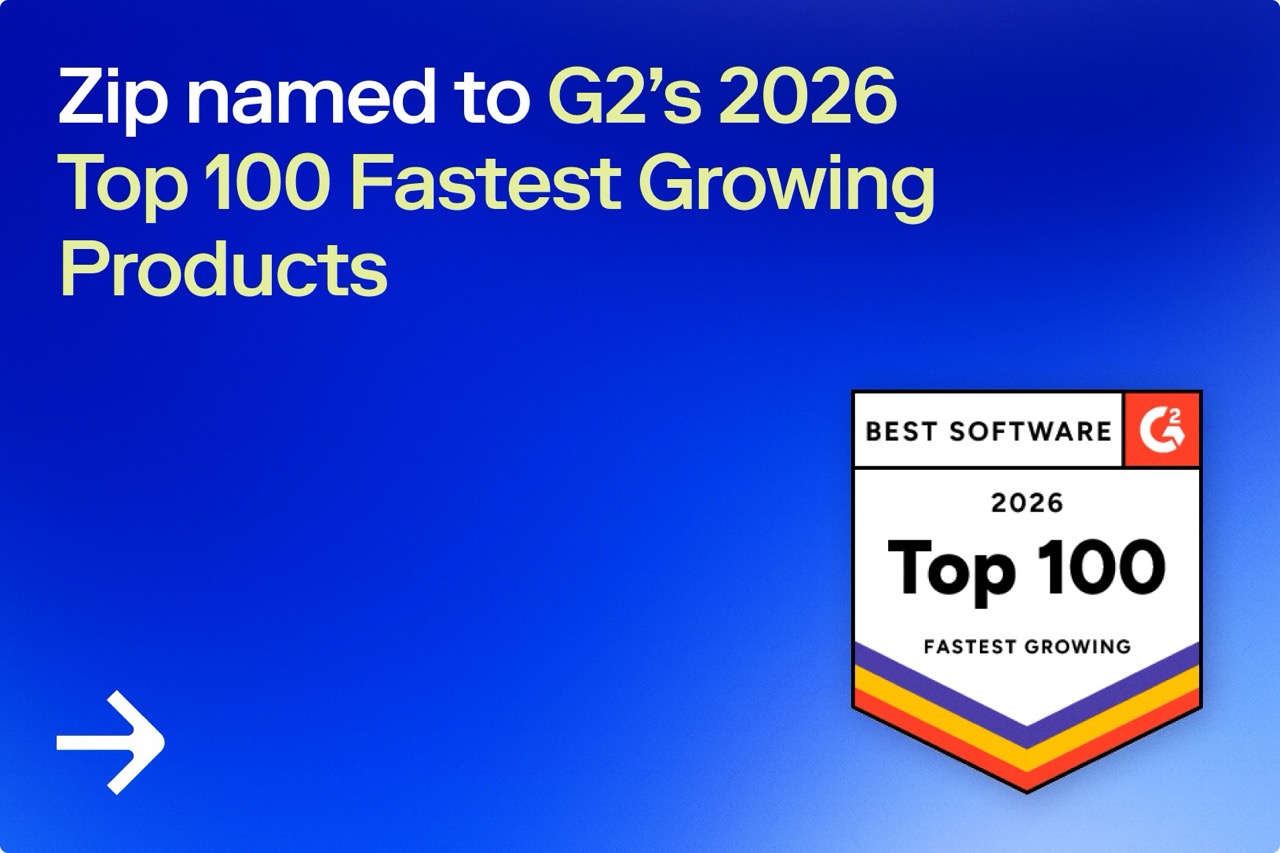
33 Request For Proposal (RFP) questions to ask vendors
Ask these RFP questions to assess vendor quality, performance, and risk.

The Request for Proposal (RFP) is a critical tool in strategic sourcing. Working through a structured RFP process can provide a clear framework for sourcing and evaluating vendors, keeping you organized and ensuring fair and objective vendor evaluations.
Asking the right questions during the RFP process can provide valuable insights into a vendor’s capabilities, helping inform better decision-making. The process is like peeling back the layers of an onion—each question brings you closer to understanding whether a vendor is the right fit for your project.
But before you dive into the RFP process, it’s crucial to first understand your project and align internally. Before you ask questions of vendors, you’ll want to consider the questions worth asking yourself before even initiating the RFPs.
Questions to ask internally before the RFP
Before you reach out to vendors, it’s crucial to have a comprehensive understanding of your project. You need to have a tight grasp on not only technical aspects, but also on the alignment of the project with your business goals and strategies. It’s like setting out on a road trip—you wouldn’t start without knowing your destination and the route you plan to take, would you?
Here are some vital internal questions your team should consider before drafting your RFP.
What are your goals for the project?
Every project starts with a goal. What are you aiming to achieve with this project? Is it to increase efficiency, reduce costs, or perhaps to innovate a process? Clearly defining your goals will not only help you steer the project in the right direction but also enable potential vendors to align their proposals with your objectives.
What are your requirements?
Once you’ve defined your goals, the next step is to outline your requirements. These are the specific needs that a vendor must fulfill for you to consider their proposal. Your requirements could range from technical specifications to delivery timelines, or even specific industry experience. Remember, the more precise you are with your requirements, the easier it will be for vendors to understand your expectations.
What is the scope of the project?
Defining the scope of the project is like drawing a map for the road trip. It outlines the boundaries of the project, detailing what is included and what is not. This could involve specifying the tasks to be performed, the departments or functions involved, or the resources that will be required. A well-defined scope can help prevent ‘scope creep’ and keep your project on track.
What is your budget?
Budget is a crucial factor in any project. It’s important to know upfront what you are willing and able to spend on the project. This includes not only the cost of the product or service itself but also any additional costs such as implementation, training, or maintenance. Knowing your budget will help you identify vendors that can deliver within your financial constraints and prevent any surprises down the line.
What is your evaluation process?
Of course, you will need to decide on your evaluation process. This is the criteria and method you will use to assess the proposals you receive. Will you be scoring proposals based on certain criteria? If so, what are these criteria, and how much weight will each carry? Or perhaps you will be using a more qualitative assessment? Having a clear evaluation process will ensure a fair and objective assessment of all vendors.
How will you define success?
A significant portion of the sourcing and RFP process precedes any actual contracting processes. Understand that when you go into vendor selection, you’ll want to already have an idea of both how to measure the partner’s abilities and expectations, and also how you will define the successful completion of a project. Make sure to have these criteria defined right from the start.
Must-ask RFP questions for vendors
Once you have a clear understanding of your project, it’s time to evaluate potential vendors. Remember that the vendors you’re communicating with are likely experts in their field, and should be eager to answer your specific questions and provide case studies or examples of similar projects.
In order to get as much information as you can—as well as understand any potential risks or red flags you may encounter before and after onboarding—here are a selection of suggested questions we feel will help give you a comprehensive understanding of the people, products, and processes involved.
We’ve organized these sample questions by category—feel free to adapt phrasing to your specific needs.
Company overview and experience
Understanding a vendor’s history and experience in your industry can provide valuable insights into their ability to meet your specific needs. It can also give you a sense of their reliability and stability.
- Can you provide an overview of your company’s history and experience in our industry?
- What are your company’s size and revenue figures?
- What is your company’s mission and values?
- How do you stay updated with industry trends and changes?
Product or service overview and applicability
This category helps you assess whether a vendor’s product or service aligns with your project requirements. It also allows you to understand what sets them apart from their competitors.
- Can you provide a detailed overview of your product or service?
- How does your product or service meet our specific requirements?
- What differentiates your product or service from competitors?
- Can you provide examples of how your solution has successfully addressed similar projects?
Pricing and cost structure
The all-important pricing question! To ensure minimal price volatility, these questions are crucial to investigate right from the start. Be sure to watch out for hidden costs in their pricing model, and get as much general information for pricing out for your specific use cases.
- What is your pricing model for the proposed solution?
- What are your standard fees and costs associated with implementation, training, and ongoing support?
- Are there any discounts or special pricing available for our organization or project type?
- What are your payment terms and conditions?
Implementation and support
This category helps you gauge how smoothly the implementation process will go and what kind of support you can expect from the vendor during and after implementation.
- What is your implementation timeline for projects similar to ours?
- What kind of training and support do you provide during and after implementation?
- What is your customer support process for resolving issues and addressing concerns?
- What is your SLA (Service Level Agreement) for response times and resolution of critical issues?
References and customer success
References and examples of successful implementations can provide reassurance of a vendor’s capabilities. It also gives you a chance to hear about other customers’ experiences with the vendor.
- Can you provide references from other clients who have used your solution for similar projects?
- Can you share examples of successful implementations?
- How do you measure customer success?
- How do you handle customer complaints or issues, and what’s your track record for customer satisfaction?
Technical expertise and qualifications
This category helps you assess the vendor’s technical capabilities and whether they have the necessary qualifications to deliver on your project requirements.
- Can you provide details about your team’s technical expertise?
- What qualifications or certifications does your team have?
- How do you ensure the quality of your work?
- How do you handle technical challenges or setbacks?
Security and compliance
In today’s digital age, security and compliance are more important than ever. This category helps you ensure that the vendor follows industry regulations and has robust security measures in place.
- What security measures and protocols do you have in place to protect our data and systems?
- How do you ensure compliance with industry regulations and data privacy laws?
- Can you provide documentation of your compliance certifications?
- What is your incident response plan for addressing security breaches or data leaks?
Project management and communication
Effective project management and communication are key to a successful project. This category helps you understand how the vendor manages projects and communicates with clients.
- What project management methodologies and tools do you use to ensure project success?
- How do you communicate project progress, updates, and potential risks to our team?
- What is your escalation process for addressing urgent issues or concerns?
- How do you handle changes or adjustments to the project?
Introducing an intuitive procurement process for RFPs
At Zip, we understand the complexities of the RFP process.
That’s why we’ve developed a procurement platform that simplifies and streamlines your procurement workflows with several features that simplify RFPs for all stakeholders involved.
- Autonomous, AI-automated templates: automatically import content from vendor spreadsheets and docs, and suggest questions to ask.
- Easy Compliance: Zip enables a permanent record of every RFx event, creating a paper trail for all communications through a central vendor center.
- Simple Vendor Scoring: specify your stakeholders in your RFP process and give them automatic reminders to score vendors.
- Source-to-Contract: start an RFP event from any existing Zip request or intake. Once a winner is chosen, it flows into Zip requests without requiring manual data re-entry.
By leveraging Zip’s intuitive procurement process, you can drive greater savings by gaining smarter insights—from sourcing to spend.
Ready to simplify your RFP process? Request a demo today.

Maximize the ROI of your business spend

Enter your business email to keep reading


























.webp)



















.avif)













.avif)










.webp)





.avif)












.avif)
